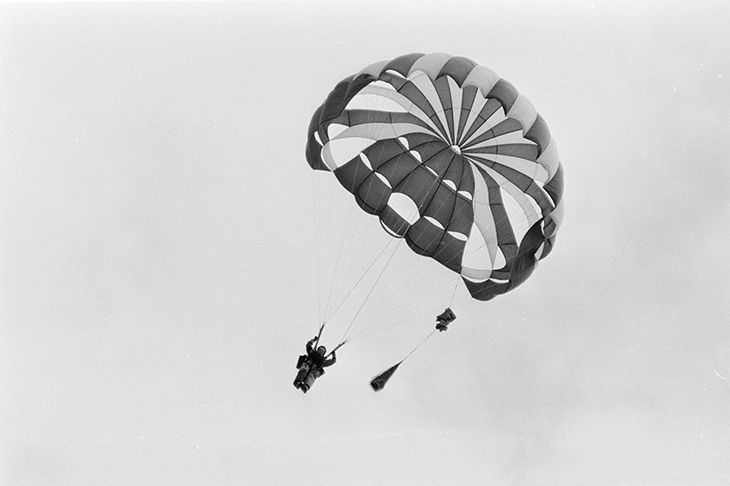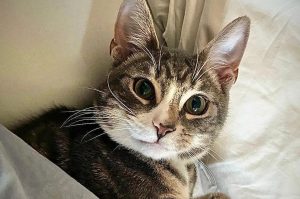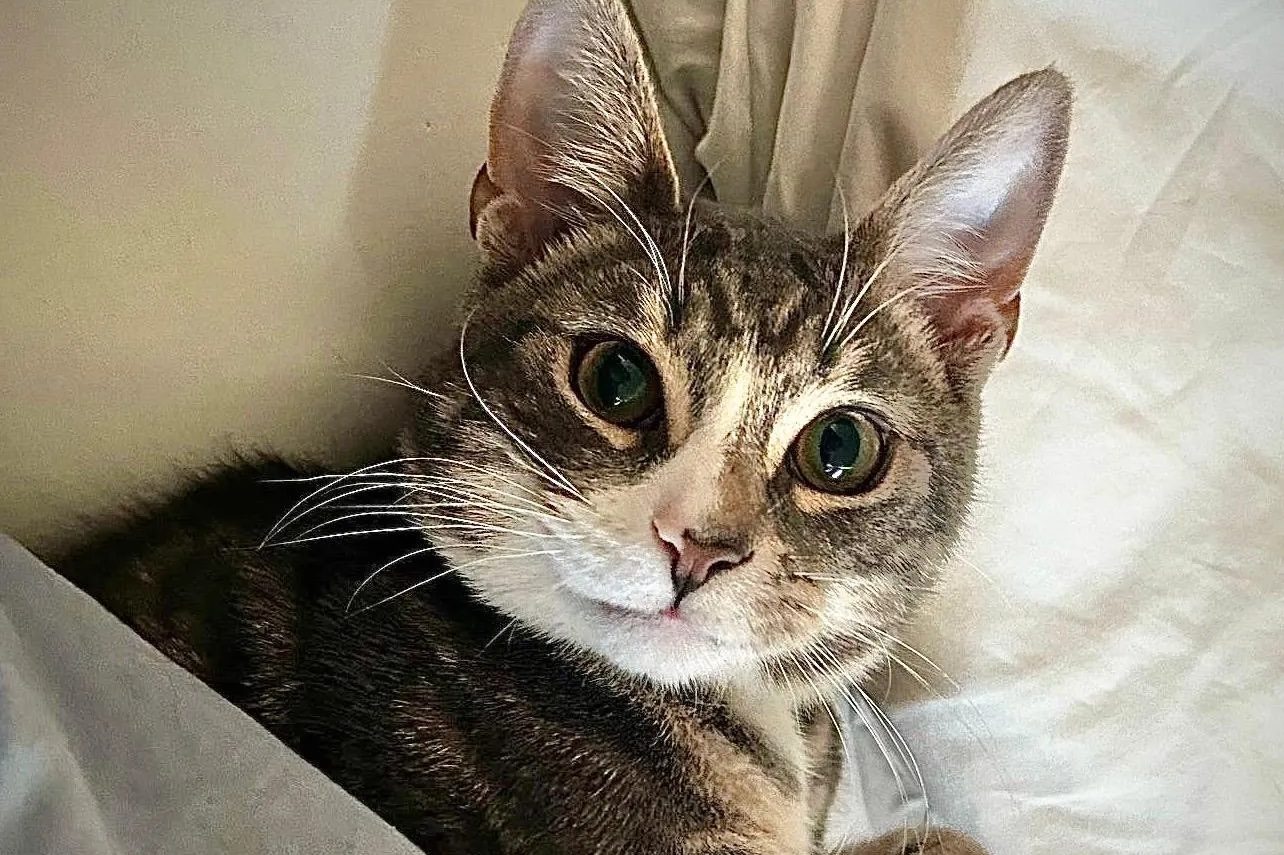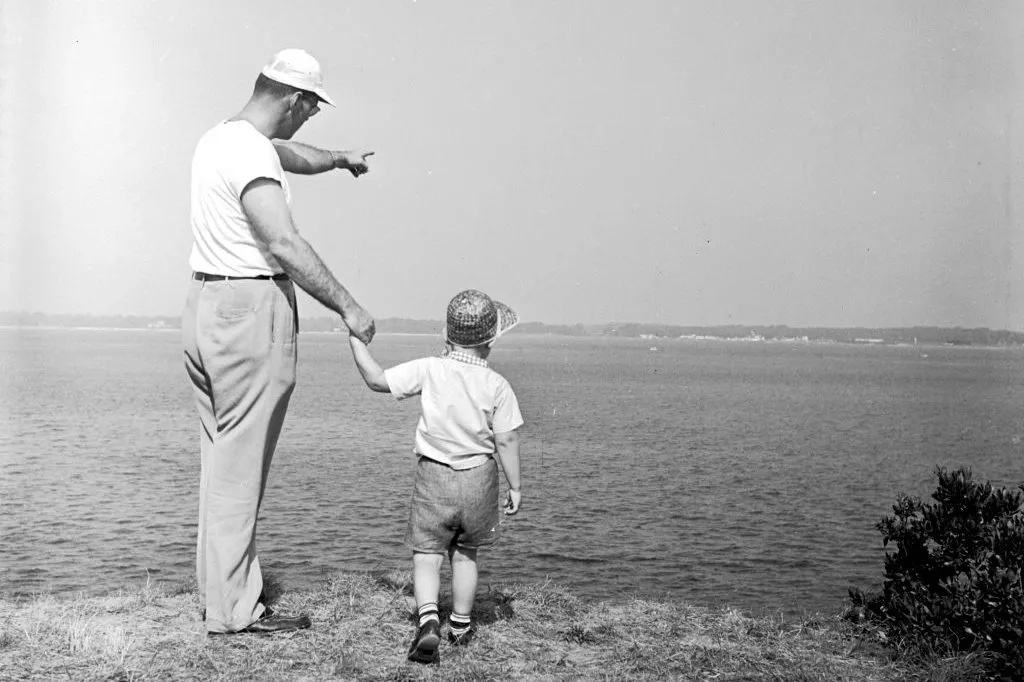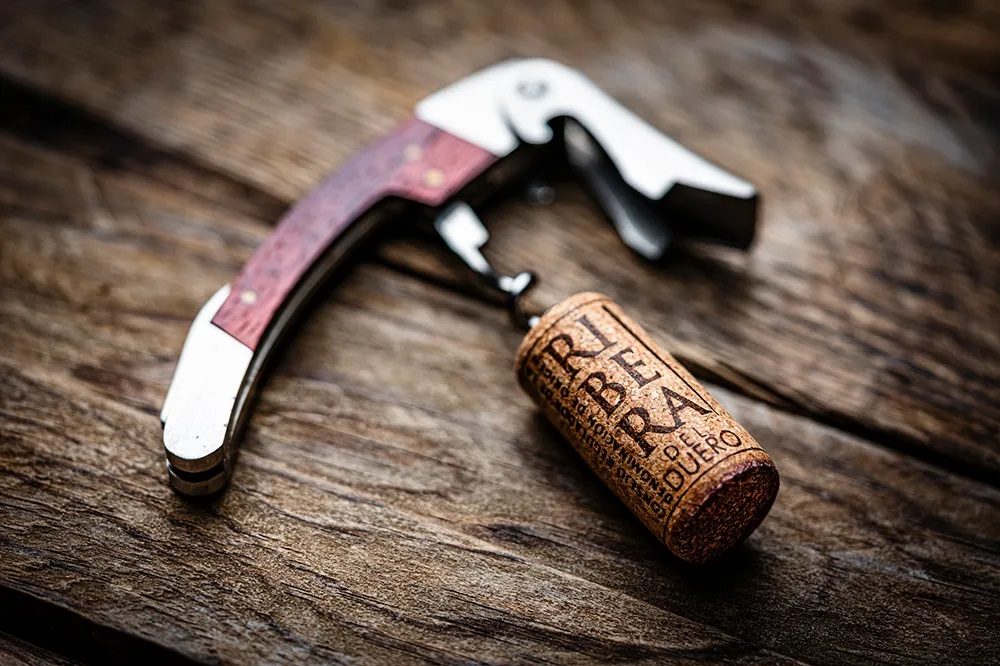Bexhill, England
My Aunt Beryl taught me to love books and paintings. When I’m at a loose end in London, lonely, or even rather boozed up, I still nip into one of the galleries she raised me on to say hello to pictures that have been my lifelong friends.
Beryl never missed birthdays and Christmas, she wrote postcards and adored her nephews and nieces. She never married, but globe-trotted with easel and pencils, lived in a cave in Petra, went skydiving and skating, made a living from portraits and illustrated 52 children’s books — many of which she read to me when I was small. She cared for my grandparents and inherited their home in Sussex. At 92, during lockdown, Beryl had a tummy ache, told my daughter on the phone she ‘felt a bit wonky’ and died in hospital the next day.
For a few days recently I joined my sister Bryony and cousins tackling the Herculean task of tidying up Beryl’s home. She never threw away a drawing, a painting or even a paintbrush and so there are mountains of her sketchbooks and pictures. Add to that the rest of the family artists, with landscapes of China, Malaya, Kurdistan, Africa and millions of India.
Beryl saved all the family things that returned from India. Sorting through these has become a journey through hoarded centuries. Out of zinc-lined trunks emerge military uniforms, Mughal art, cold strings of pearls, 18th-century Scottish family wills, photos of durbars and tiger hunts, and pictures of dozens of ancestors with recognizable noses and unfamiliar names. ‘Atom Bomb Test in Nevada Desert’ says a 1955 Telegraph headline lining one box. A note jotted on the back of a menu from Shepheard’s Hotel before Allenby’s Battle of Megiddo. A bullet from the siege of Ladysmith. My sister was sifting through thousands of letters when out of one envelope fell an original poem scribbled and signed by Rudyard Kipling, to commemorate a sea voyage to Cape Town in 1900. We had never heard of its existence before.
Aunt Beryl always seemed very bohemian to me with her angular hairstyle and heavy black-framed spectacles. She’d take my sister to Biba and the wardrobes are stuffed with scores of gloves, alarming hats, a pair of high boots that look Mongolian, shawls, kaftans and a flea-bitten Afghan cashmere coat my daughter carried off to university. After Beryl died, I asked a very good obituarist if he might want to write something about her. The problem was that she was so very private and though we knew she had been here and done that, we did not know a great deal. Not enough — and nor were we able to put it in order. Our Uncle Mike has also died — and at 95, my mother is forgetful.
The lockdown prevented us from getting to her home earlier — and we still have not even had the chance to hold a funeral or memorial, which any elderly people would comfortably attend. But if only we had been able to find earlier the things we did, which tell us more about Beryl. In diaries and files she has tidily noted down the chronology of her life, alongside the family trees she worked on as the clan remembrancer, going back centuries.
Beryl loved her family and her friends but, we wondered, why did she never marry or have a lover? Who had she loved and who loved her? My cousin Sally’s husband Nick had just fixed the grandfather-clock mechanism I broke 52 years ago, when suddenly a sheaf of poems surfaced. Some were set to music, some of them were good, some of them emotionally very powerful indeed. After one of us read out ‘He was bird and blossom to my hand… Where all was closed/ And my breath grey/ Now sweet as marrowfat/ And fields of flowers’, we all stood silently listening to the clock pendulum. His name was David and this all happened in the early 1960s, when his eyes were lakes, were skies, telling her she was free. They were skydivers together in a parachute association. And after a heart-wrenching series of verses, she gave up skydiving. She devoted her years to her aging parents, her young relatives and her many friends. Somehow we cannot let this all vanish into thin air.
It’s a worrying thing to look into a person’s private life but I hope that soon we can show some of her paintings at a memorial and read aloud one or two of her poems that have been laid at the bottom of a trunk for so long.
This article was originally published in
The Spectator’s November 2020 US edition.



